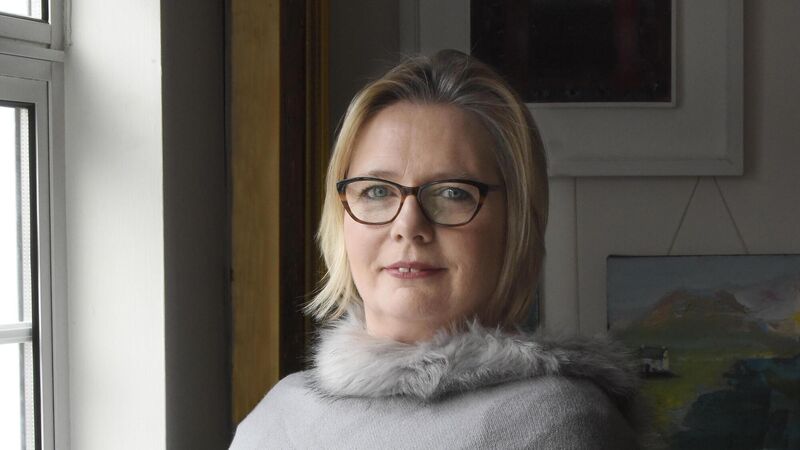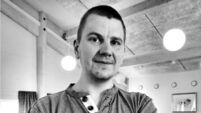Implementing successful genetics strategy for rare diseases 'will take time'

Vicky McGrath: 'HSE needs to hire a person who knows what they are doing and give them the space to actually get it done.' Picture: Moya Nolan
The next 18 months will tell how effective the new national genetics strategy will be in practice, according to the Rare Diseases Ireland chief executive, who has cautiously welcomed HSE plans.
Vicky McGrath said families often struggle to get a diagnosis for children who have a rare disease, with long waiting lists and limited access to treatment following diagnosis in some cases.










